The English language can get very confusing, especially considering the amount of words that are either written or pronounced in the same way. This is the case with breathe vs breath. These two words sound. somewhat the same and have similar letters. However, these are two separate words that are used in different contexts. The main difference between breathe vs breath is that the first is a verb that means inhaling and exhaling the air, and the second is a noun, a name for the actual air one inhales and exhales. If you want to learn more about these two words and their grammatical roles, keep on reading.

✅ AI Essay Writer ✅ AI Detector ✅ Plagchecker ✅ Paraphraser
✅ Summarizer ✅ Citation Generator
Breathe vs Breath: Difference in Pronunciation & Spelling
Don’t worry if you thought that you were the only one not using these two words incorrectly. The words “breath” and “breathe” often get mixed up due to their similar spelling and pronunciation. However, they serve different functions in language and have distinct pronunciations
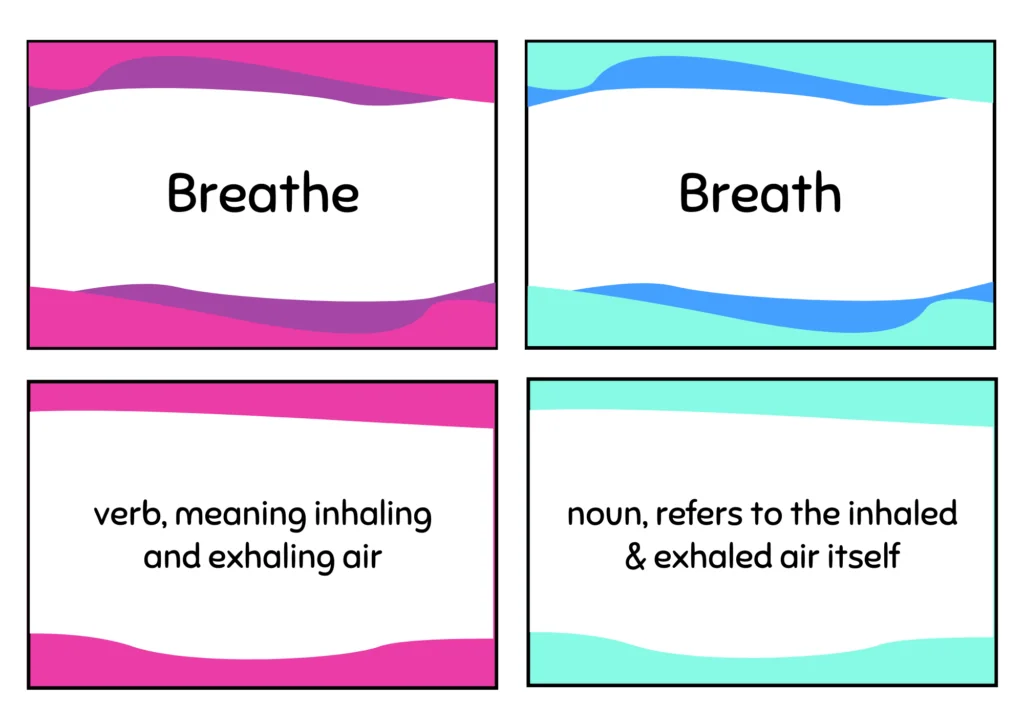
The key difference in pronunciation is in the vowel sound and the ending. “Breath” has a shorter vowel sound and ends with a “th” sound, similar to “bath.” On the other hand, “breathe” has a longer vowel sound and ends with a “the” sound, as, for example, in the word “seethe.”
| Word | Pronunciation |
|---|---|
| Breath | /brɛθ/ (BRETH) |
| Breathe | /briːð/ (BREETHE) |
When writing, you must choose the correct word to avoid confusion and make your main idea clear. You should also keep in mind that these two words, despite similar sounding, are spelled differently. “Breath” is spelled with a shorter vowel and ends with a “th” sound, without the “e”. On the contrary, “breathe” is spelled with a longer vowel, indicated by the additional “e” at the end of the word. Or just use our grammar checker!
Use Cases for the Verb Breathe
The verb “breathe” has several can be used in different contexts, aside from its primary meaning of inhaling and exhaling air.
It is often used metaphorically to convey a sense of relaxation or relief, as in “After the stressful meeting, she took a moment to breathe and calm down.”
In performance, “breathe” can refer to the way an actor or speaker delivers their lines with natural pauses, for example, “The director advised the actor to breathe life into the character by varying the pacing of the dialogue.”
Additionally, “breathe” is used in expressions related to life and vitality, such as “The new policy will breathe new life into the stagnant economy.”
It can also denote a sense of continuity or ongoing existence, as in “The ancient tradition still breathes in the modern culture.”
Here are a few sentences that show other use cases for the word “breathe”.
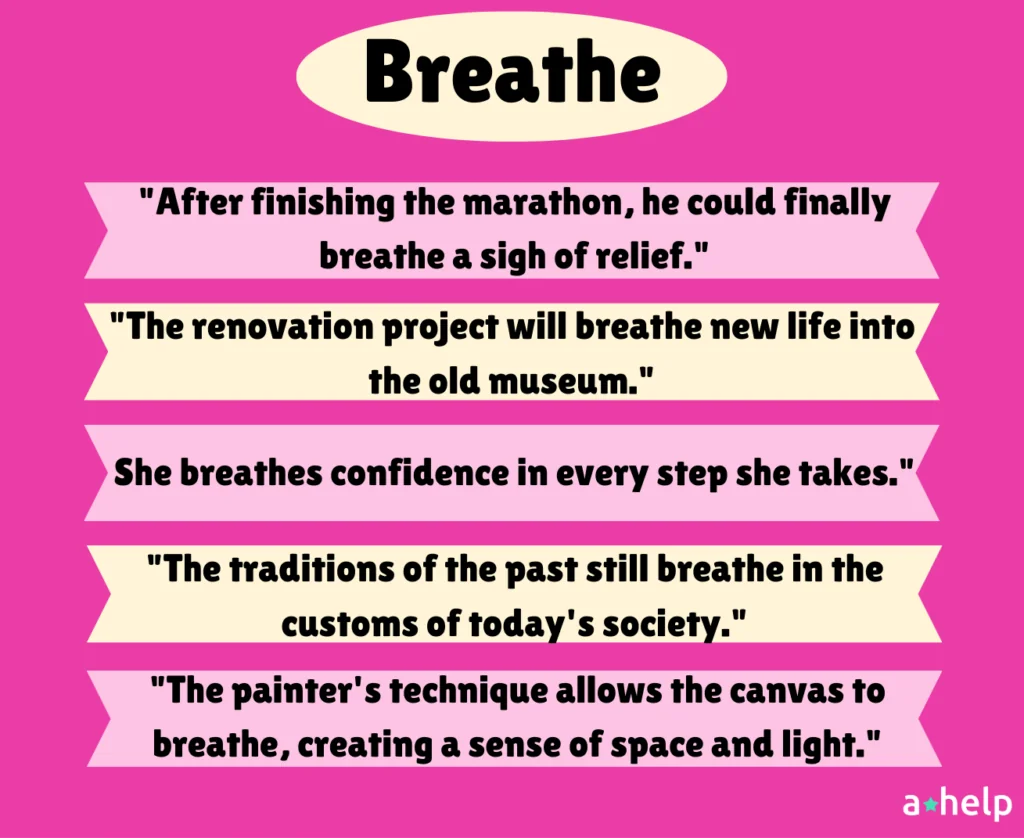
Using the Noun Breath in Various Contexts
The word “breath” also has quite a range of versatility when it comes to its usage. Of course, you just say “Your breath stinks” but that isn’t the only context that it can be used in.
When emotional or stressful, for example, you might “catch your breath” in surprise or “hold your breath” in anticipation.
You can also notice English speakers using the phrase “a breath of fresh air” metaphorically to describe something refreshing or invigorating, like a new idea or a change in scenery.
When it comes to poetry and literature, “breath” can symbolize life or spirit, as in “the breath of life.” The expression “under one’s breath” refers to speaking softly or whispering, usually to convey secrecy or subtlety.
Additionally, “breath” can be used in idioms such as “save one’s breath,” meaning to refrain from wasting effort on futile speech.
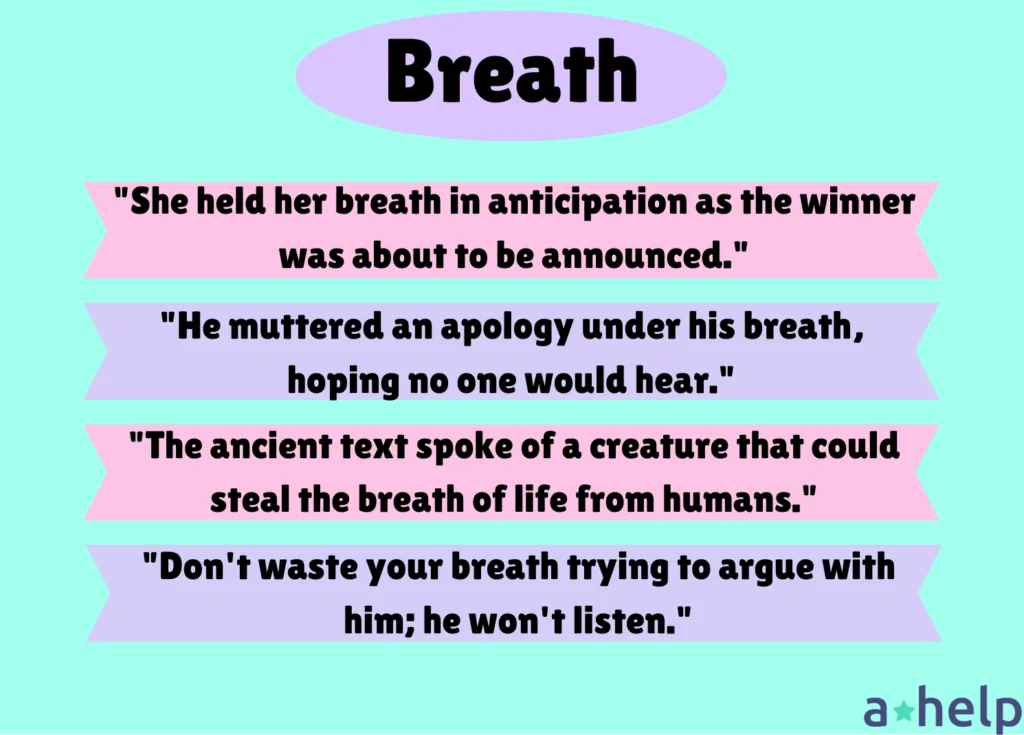
Practice Exercises
Exercise 1: Fill in the Blanks
- When you’re feeling anxious, try to take a deep ______ and relax.
- The doctor asked the patient to ______ in and out slowly during the examination.
- She could barely catch her ______ after running up the stairs.
- It’s important to ______ through your nose when meditating.
- The cold morning air felt like a refreshing ______ of fresh air.
Exercise 2: True or False
- “Breathe” is a noun that refers to the air taken into the lungs.
- “Breath” is a verb that means to inhale and exhale.
- You can see your breath on a cold day.
- When you do yoga, it’s important to breathe deeply.
- He took a deep breathe before diving into the pool.
Exercise 3: Sentence Correction
Correct the usage of “breathe” or “breath” in the following sentences:
- I need a moment to catch my breathe.
- You should breath in through your nose and out through your mouth.
- The view from the mountaintop took my breath away.
- It’s hard to breathe when the air is so polluted.
- The baby’s breath was so gentle and calm.
FAQ
Follow us on Reddit for more insights and updates.


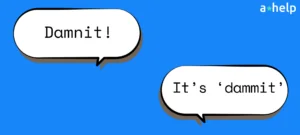
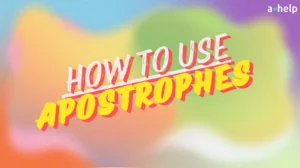
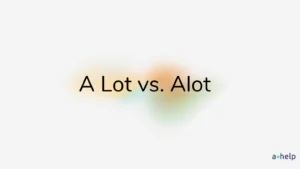
Comments (0)
Welcome to A*Help comments!
We’re all about debate and discussion at A*Help.
We value the diverse opinions of users, so you may find points of view that you don’t agree with. And that’s cool. However, there are certain things we’re not OK with: attempts to manipulate our data in any way, for example, or the posting of discriminative, offensive, hateful, or disparaging material.